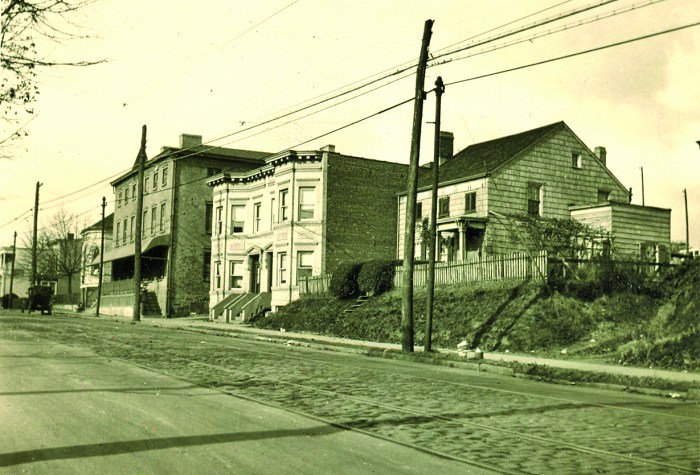With the frequency of subway delays on the rise, one elected official wants to know the extent to which subway service impacts the city’s economy.
Brooklyn Borough President Eric Adams has asked the city’s Independent Budget Office to find out how much money the city loses when commuters can’t get to work on time.
“Tax revenue is directly correlated with the strength of our city’s economy, of which the transit system is the lifeblood,” said Adams in a statement. He’s called for an economic impact analysis that would outline “the lost economic productivity of hundreds of thousands of workers and the resulting impact to business in our city and state as well as lost tax revenue.”
Adams’ concerns come after a power failure on Tuesday, which crippled the signal system at the DeKalb Avenue subway station and took a cleaver to rush hour commutes that morning, according to the MTA. B train service was completely suspended at one point, while a total of eight lettered lines experienced delays and service interruptions. It was the second time this week, the first occurring on Sunday, that signal outages at the DeKalb station wreaked havoc on New Yorkers’ commutes.
The outages are also indicative of a larger trend. Since 2012, the number of subway delays has tripled as the state-run MTA struggles to maintain a 24-hour subway system and simultaneously accomodate record ridership.
“Millions of New Yorkers’ lives are built on the foundation of a functioning transit system and if that foundation is beginning to crumble, you’re going to see ramifications in our economy and resiliency,” said John Raskin, the executive director at Riders Alliance, after Tuesday’s subway meltdown. “It’s time for Governor Cuomo to recognize the subway system is in a deep enough crisis for his immediate attention and executive leadership.”
Doug Turetsky, a spokesman for the IBO, said the office is processing Adams’ request.
“We need to discuss internally what we think is possible to do,” he said, “and then we’ll have a discussion with the borough president and his staff on how to proceed.”
Beth DeFalco, an MTA spokeswoman, pointed to the agency’s billions of dollars of expenditures to improve service.
“That is exactly why we have spent more than $4.7 billion to modernize signals,” DeFalco said in a statement, “and why we are spending an additional $2.5 billion on signal modernization in this Capital Program alone.”
She added that the agency is requesting to meet with Con Ed to “immediately address” recent issues.






























